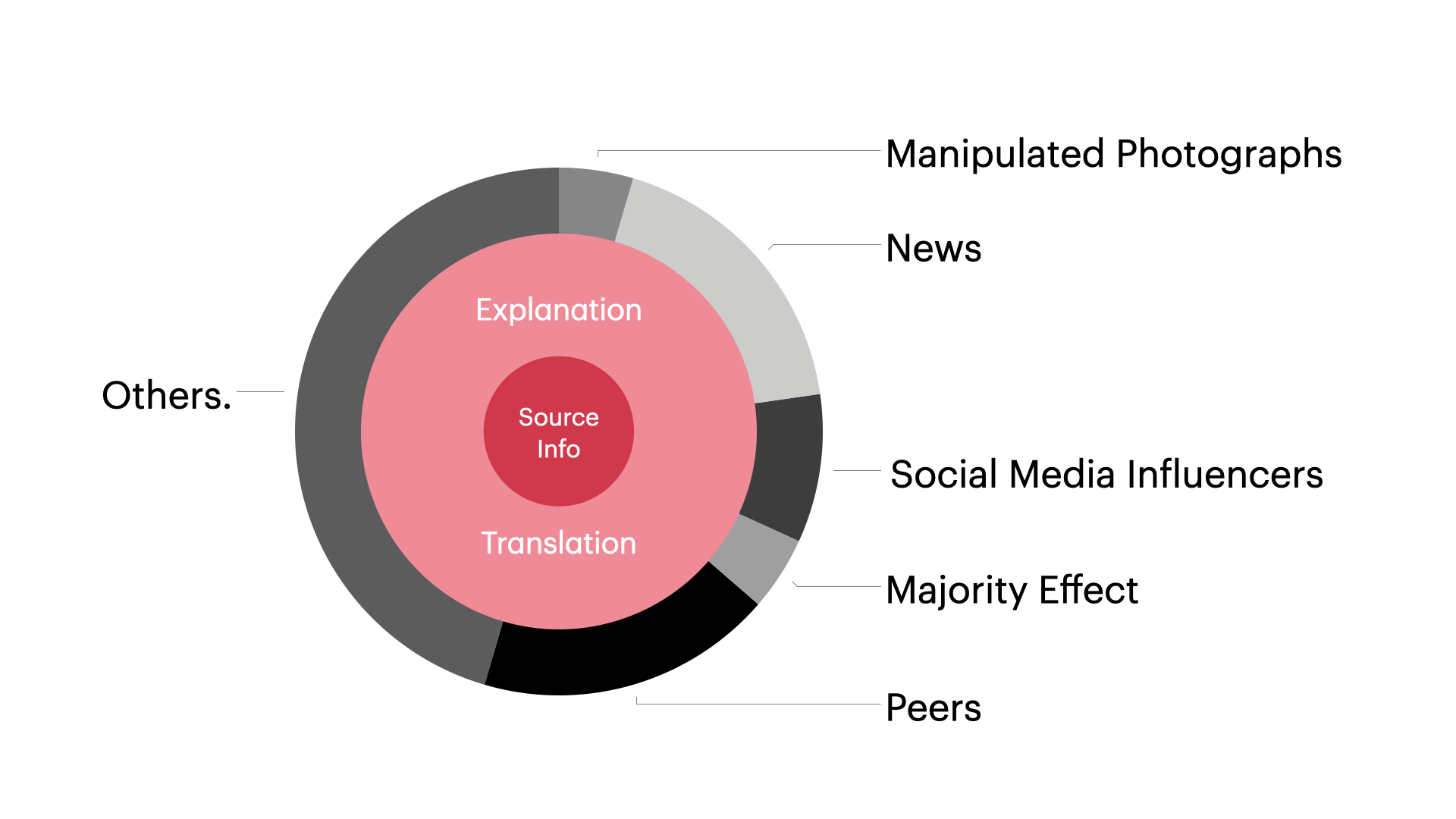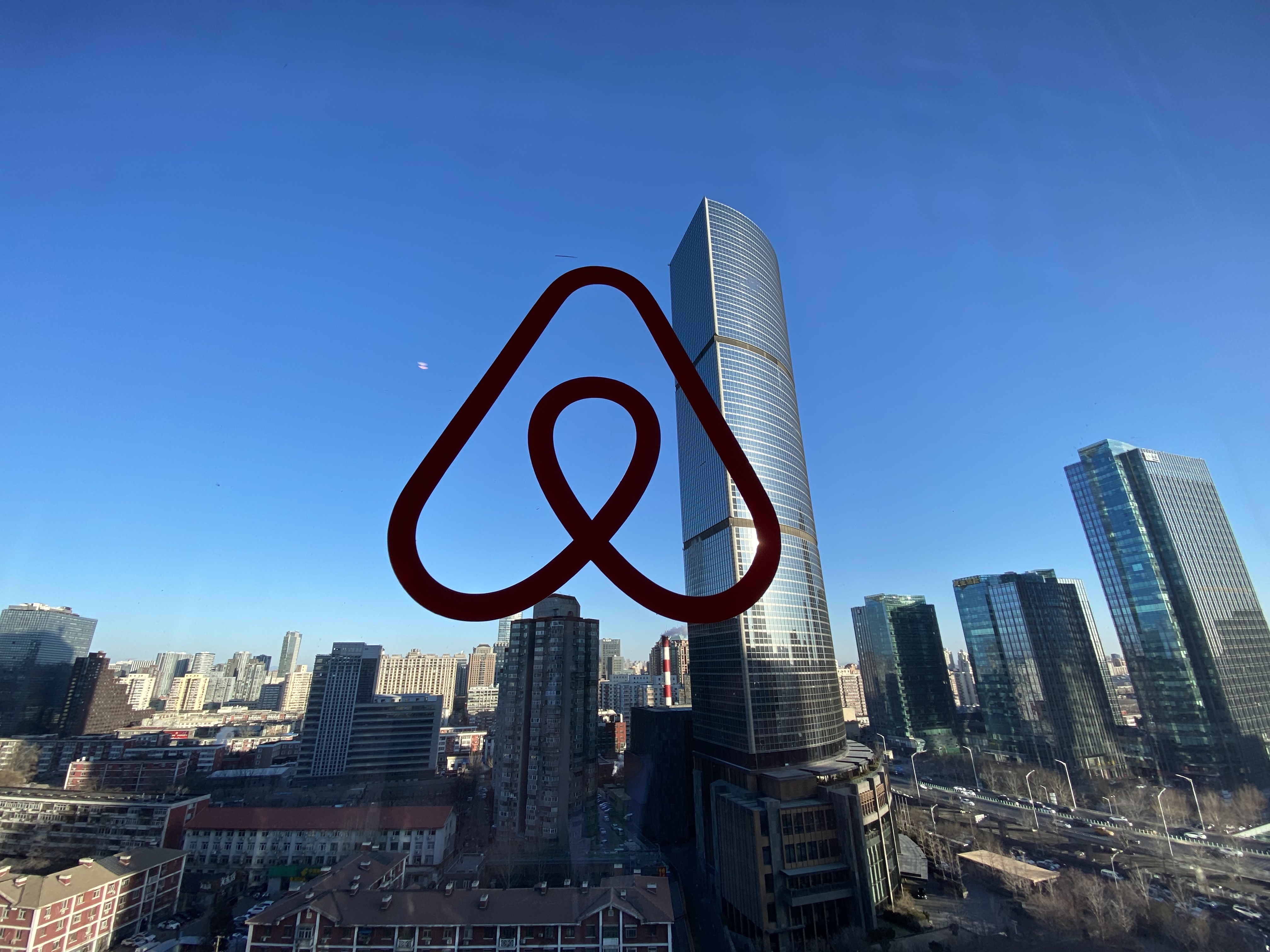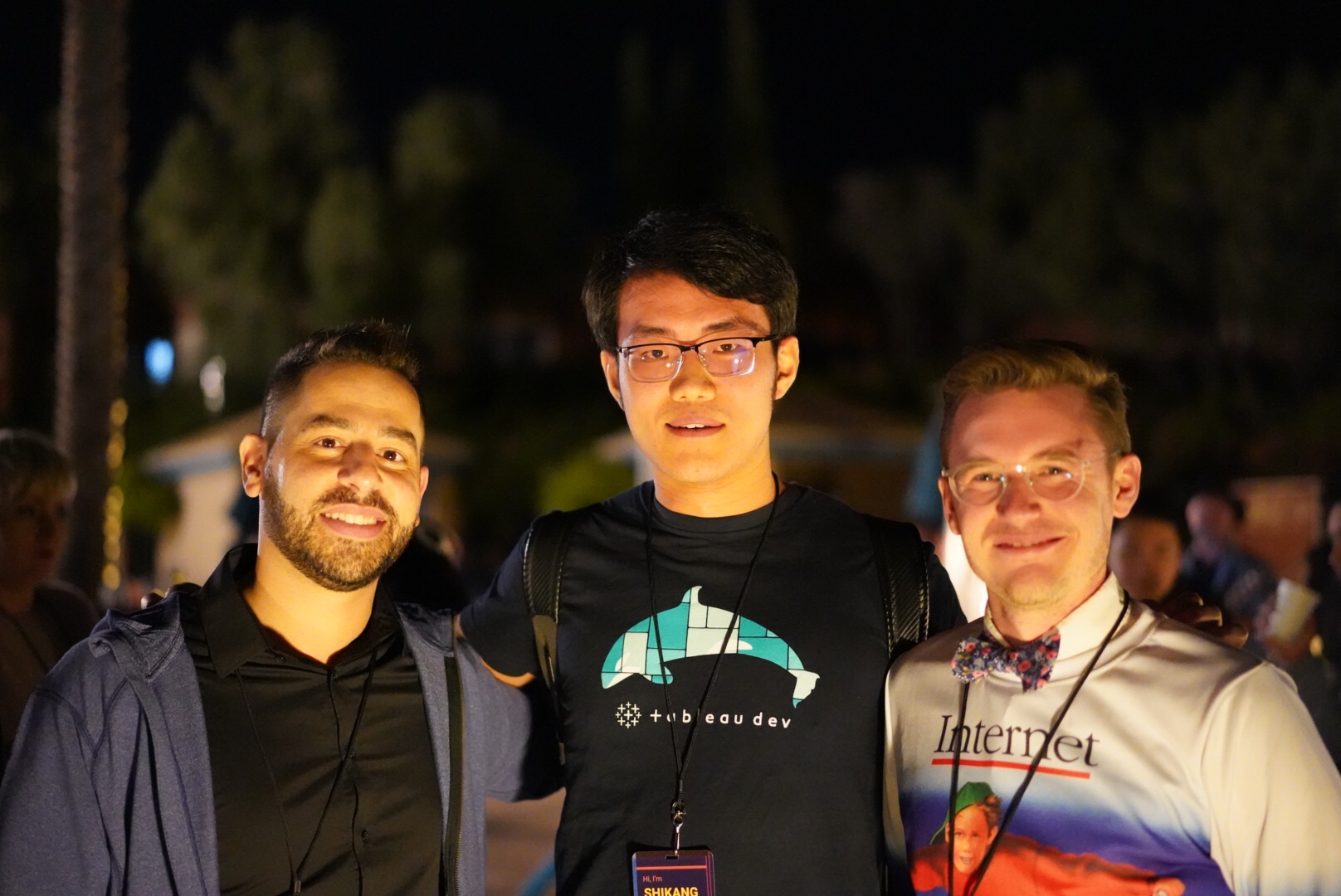There’s a kind of problem that doesn’t feel like a problem—until it’s too late. It doesn’t come with alarms or crashes. It’s quiet. Subtle. It doesn’t hit your servers—it hits your assumptions. That’s the kind of problem Google is facing right now.
People still use Google. The brand is strong. The product mostly works. But something is shifting, and you can feel it if you watch closely. Users are beginning to treat Google not as a destination, but as a backup. Their first stop is now somewhere else—often, something like ChatGPT.
This shift isn’t just about tools. It’s about defaults. And when defaults change, whole industries fall.
How Disruption Actually Feels
One of the most misunderstood ideas in tech is Clayton Christensen’s Innovator’s Dilemma. People summarize it as: “Big companies get disrupted because they’re slow.” But that’s not quite right. The real trap is subtler: great companies get disrupted because they’re smart. They do the right things—serve their customers, protect their margins, avoid risky bets—and by doing so, they optimize themselves into irrelevance.
That’s the trap Google is in.
Google’s business was built on the long tail. Billions of weird, specific queries:
“how to fix error code 0x80070005”,
“organic chemistry final study guide”,
“best dog shampoo for allergies.”
These were gold. They brought ad impressions, affiliate clicks, SEO empires. But they also taught users something: that the web is a collection of 500-word blog posts, most of which are fluff.
Now, LLMs are compressing all of that into one neat reply box.
Why the Web Is Getting Quiet
This isn’t hypothetical. Sites like StackOverflow, The Verge, and Quora are already seeing it: a drop in search-driven traffic that seems to correlate with the rise of AI assistants. You can feel it in the ambient silence of the internet—fewer blog posts, fewer tutorial threads, fewer of the answers that used to live five clicks deep.
The irony is that LLMs are trained on that very content. But users don’t care. They’re not asking where the answer came from—they just want it faster, cleaner, and with fewer popups.
And suddenly, Google is the middleman. The one being skipped.
The Wrong Kind of Hard
Google isn’t blind. They’ve shipped Bard (now Gemini), launched AI search previews, and are investing billions into their own LLMs. But the dilemma isn’t technical—it’s economic.
AI search is expensive. Compute-intensive, low-margin, hard to monetize. Worse, many of the queries LLMs are good at—long-tail informational ones—are the exact queries that brought in little ad revenue to begin with.
So Google is stuck between two models:
- The old one, which is lucrative but increasingly irrelevant.
- The new one, which users like, but which might never pay off.
This is what disruption feels like. You see the new thing coming. You even build it yourself. But you can’t make it make sense inside the machine you’ve already built.
What Actually Gets Disrupted
People think disruption is about technology. It’s not. It’s about value chains.
The entire value chain of search—crawl → index → rank → ads → click—is being short-circuited by LLMs. Not because they’re better at everything. But because they’re good enough at the one thing users actually want: answers.
And that means it’s not just Google at risk. Any product that depends on content discoverability—test prep, recipe blogs, niche tutorials—is in danger too. Their business models assumed that Google would always be the front door. What happens when it’s not?
Where This Is Going
There’s a temptation to think the dust will settle, that this is a hype cycle, and things will return to normal. But that’s unlikely. LLMs aren’t replacing the web. They’re reshaping it.
We’re not watching the end of the internet. We’re watching a redistribution.
- High-quality, trusted communities (like Reddit and Wikipedia) are still doing fine. Why? Because LLMs aren’t just competing with links—they’re trained on them.
- Specialized tools—compliance bots, internal code copilots, niche search engines—are quietly thriving.
- The next breakout companies in AI probably won’t look like OpenAI. They’ll look like infrastructure. Quiet, sticky, boring—but essential.
What Google Can’t Afford to Forget
The most dangerous thing about the Innovator’s Dilemma is that it doesn’t feel like a dilemma. It feels like strategy. It feels like protecting your business. And that’s exactly why companies like Google are vulnerable.
If Google wants to avoid becoming Yahoo, it needs to forget what made it successful—and start building like a startup again. Not just with AI features bolted on, but with a product that assumes the old search model is dead.
The scary part? It might be.



